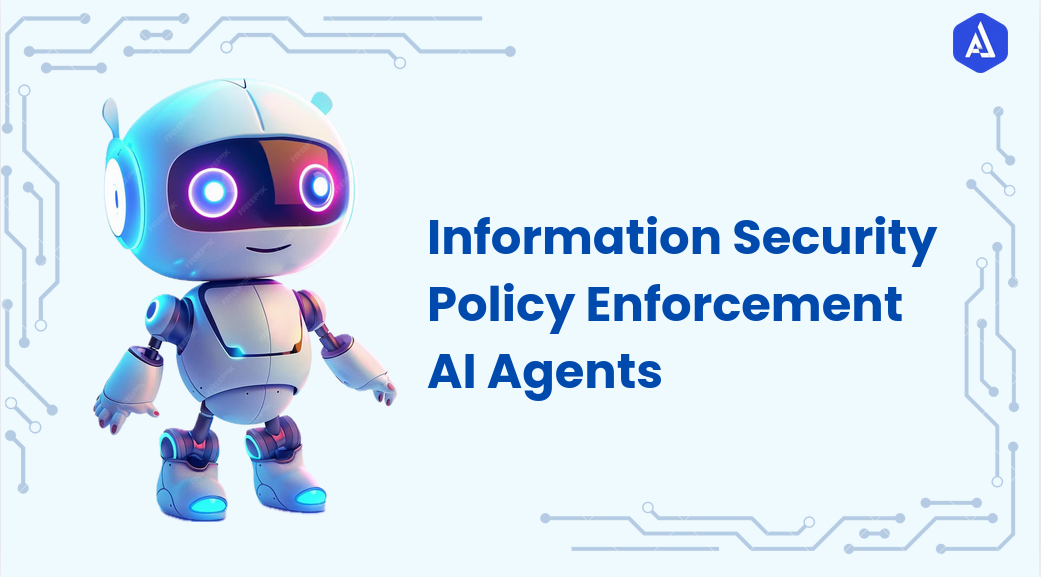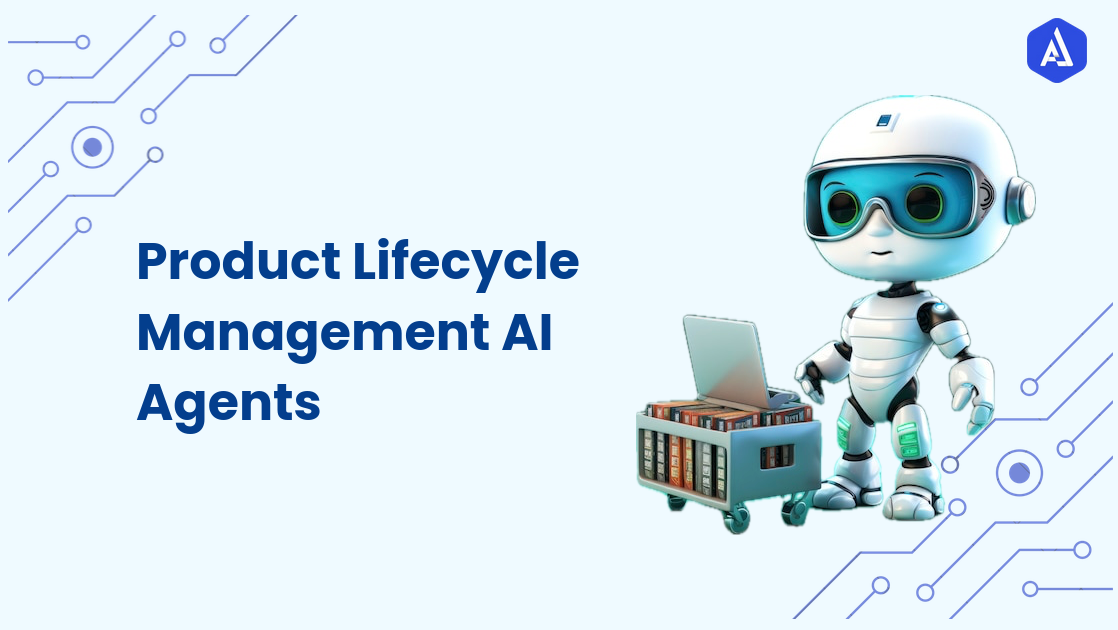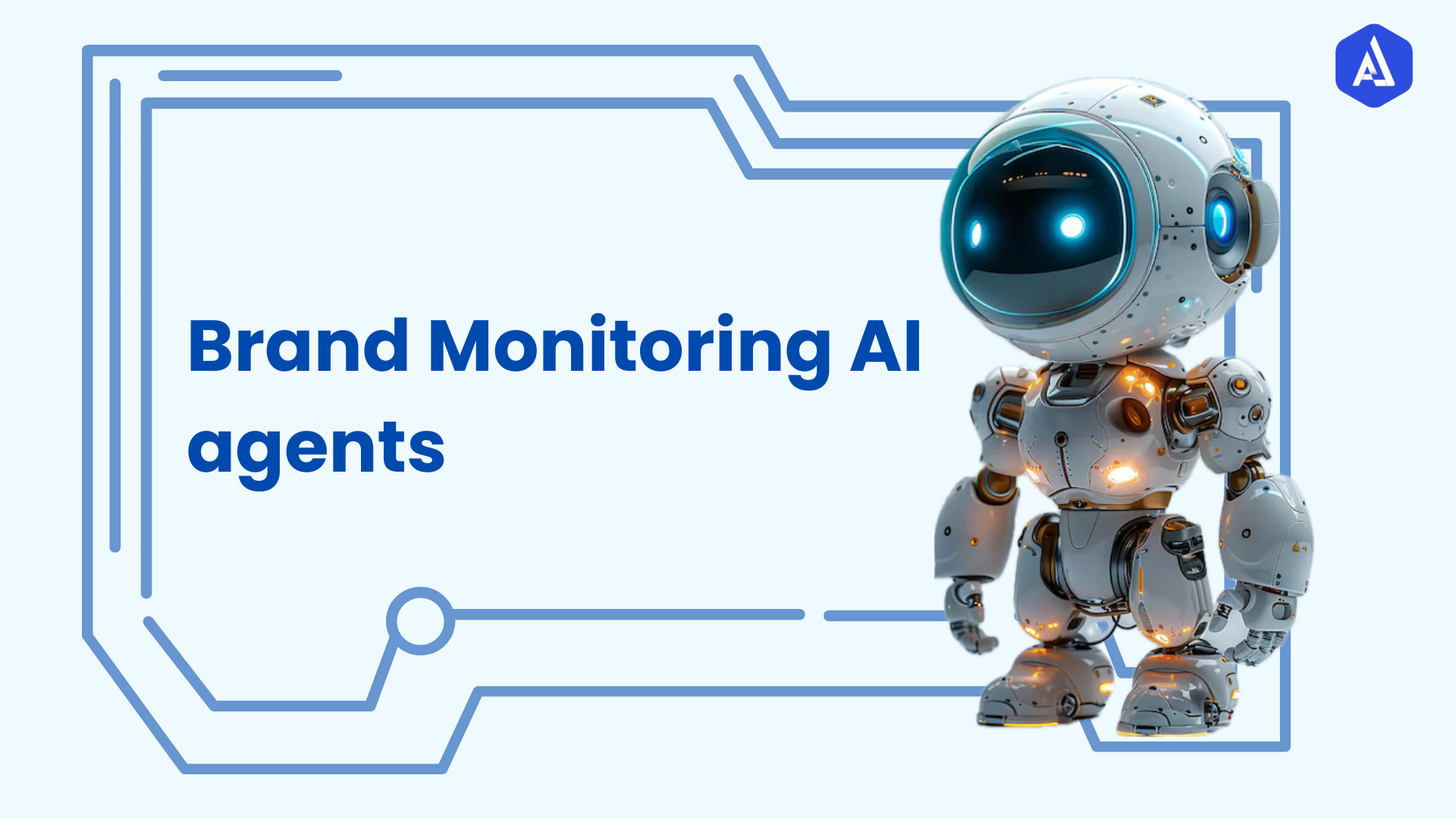Introduction
The Analyse Responses in Focus Groups Agent is designed to streamline the process of extracting meaningful insights from focus group data. Automating data transformation and utilising advanced AI techniques ensures that only relevant responses are analysed, providing targeted insights aligned with your research objectives.
About the Agent
The Analyse Responses in Focus Groups Agent is an agent that enables easy analysis of focus group information using Artificial Intelligence. It links to your database, processes and loads the data using different methods, and then extracts features from it.
The agent excludes noise, transforming complex, informal answers into precise preferences connected with the topic of interest. It integrates easily with what you are already using and performs repetitive tasks. This assists teams in gaining relevant information in the shortest time possible, minimises bias, and expedites the whole analysis process.
Key Features of the Agent
-
Database Connectivity: Directly connects to databases to extract and analyse focus group data.
-
AI-Powered Data Filtering: Utilises NLP AI tools to filter out irrelevant responses and focus on meaningful data.
-
Customisable Insight Generation: Analyses data based on defined research goals, ensuring that insights align with the objectives.
-
Automated Summaries and Key Quotes: Automatically generates summaries and highlights key responses, saving time and effort.
-
Scalable and Adaptable: Can handle datasets of various sizes, making it suitable for different use cases, from small focus groups to large-scale surveys.
Use Cases
-
Market Research: The agent assists businesses to identify patterns within focus group results to better understand a buyers’ behavior, likes, and dislikes, as well as market trends.
Combined with social media monitoring it offers in-depth and relevant information for marketing planning, positioning of products and services, and competitive analysis. Because of the rich data the system can handle swiftly, timely business decisions can be made from real consumers data.
-
Academic Research: To researchers, it simplifies the analysis of qualitative data because it automatically analyzes focus group raw responses to generate an agent. It also offers a framework for presenting analysed materials from theses, dissertations, and academic journal articles.
Specifically, the absence of extraneous information and/or the cherishing of unnecessary information makes the agent's work relevant to the goals of an academic research endeavour and thereby makes academic work more productive.
-
Customer Satisfaction Analysis: The agent assists organizations in evaluating prospects' attitudes toward their business using feedback from focus groups. This process outlines patterns of pain, opportunities, and growth that organizations can use to adapt services or products to meet clients’ needs and demands.
This tool enables organizations to offer faster and more efficient consumer solutions, thus increasing customer satisfaction and loyalty.
-
Product Development: The agent assists product teams by analyzing user feedback from focus groups, helping them understand customer preferences and pain points. By providing clear insights into what users want, the agent enables teams to prioritize features, design improvements, and address issues early in the development process.
This targeted feedback supports more informed product development decisions, reducing time to market and increasing product success.
Considerations
-
Integration with Existing Systems:
If the databases and software are complex, the agent may need to be configured to be integrated perfectly. Although it is developed for a broad range of systems, some might require coding modifications to fully function effectively.
-
Ongoing Maintenance and Updates:
Depending on your research objectives’ changes or data sources’ updates, it might be necessary to modify the configured agent and/or the AI model now and then. Maintenance work guarantees that the agent still meets contemporary research demands to provide correct and relevant data.
-
Ethical and Privacy Considerations:
Depending on the type of information to be collected in focus group data, there will always be privacy or ethical issues to consider. Make sure all data is processed in compliance with the privacy act (e.g., GDPR), and make sure sensitive data is disguised before usage.
Benefits and Values
The Analyze Responses in Focus Groups Agent offers several benefits, including:
-
Efficiency Gains:
Indeed, the agent performs all the data processing activities, which, if done manually, would take a very short time to sort through focus group responses. This means speed, time-savings and arrival of insights where previously a host of menial, repetitive jobs had to be performed.
-
Cost Reduction:
This means that the organisations are in a position to cut expenses, including manual sorting and analysis costs, as most of the jobs are done by agents. Less resources are employed than before, so the cost of the process is negligible over time.
-
Enhanced Insight Quality:
By excluding all the other possible responses, the agent can concentrate on those that matter. As a result, there is the production of high-quality information that can be used effectively by the different teams to make the right decisions since the information produced will be closely related to the research goals and objectives.
-
Improved Decision-Making:
Instead of having to rely on speculation the organizations can easily make concrete decisions based on information that is given to them, by the agent in question. This aid in ensuring that strategies proposed are in consonance with research objectives set and in the process, they provide better solutions.
Usability
To effectively use the Analyse Responses in Focus Groups Agent, follow these steps:
-
Setup: Begin by integrating the agent into your research platform. This involves connecting it to your data sources and configuring key settings such as data categories and output preferences.
-
Operation: Once set up, upload or input the focus group data and allow the agent to process it. Results will be presented in both text and visual formats, allowing for immediate interpretation.
-
Define Objectives: Set specific research objectives that the agent will use to guide its analysis.
-
Customising Outputs: You can tailor the results to specific needs by adjusting filters, adding new categories, or exporting the analysis in various formats.
-
Interpret and Act: NLP queries must be used for further detailed analysis and more accurate exploration of a particular subject. This is why they permit more sophisticated filtering and, subsequently, finer analysis of the data at hand.


